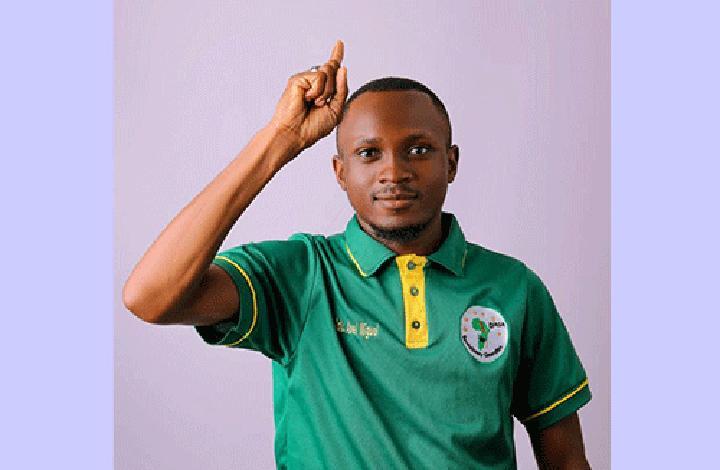Africa-Press – Namibia. The National African Students’ Association (NASA) has thrown its support behind the government’s plan to implement free tertiary education by 2026, but warns that public institutions are ill-prepared for the dramatic shift.
In a detailed submission to the National Taskforce on Free Tertiary Education, Nasa, represented by its National Secretary for Academics, Sports, Arts and Culture, Abel Miguel, described the move as a matter of “historical justice” and a constitutional obligation. However, the student body argues that infrastructure deficits, staff shortages and inadequate academic resources could derail the policy if not urgently addressed.
“We support free education, but it must go beyond just tuition,” said Miguel. “A student who cannot afford food, transport, or accommodation is not truly benefiting from education.”
The submission proposes a dual-stream funding model, combining government grants and income-contingent loans, inspired by Nordic countries. It also calls for the transformation of Nsfaf into a student welfare and support agency, and includes robust reforms such as digital learning access, independent audits, and the inclusion of accredited private institutions.
Nasa further urges the government to integrate vocational education into the broader system, expand affordable student accommodation across all regions, and implement a phased rollout to ensure sustainability.
“Unless implementation phases are clear and quality safeguarded, the policy may collapse under its own weight,” the submission reads.
However, not all stakeholders share Nasa’s concerns about institutional readiness.
Speaking on behalf of the Teachers’ Union of Namibia (TUN), Mahongora Kavihuha dismissed the idea that funding or institutional capacity should delay the rollout.
“I don’t agree that it’s an issue of funds or capacity,” said Kavihuha. “The State institutions that will benefit are autonomous; they have their own systems in place. The ministry only needs to strengthen its data systems and human capacity, those are administrative issues, not obstacles.”
Kavihuha also challenged the framing of the policy as “free” education, arguing it misleads the public.
“We hesitate to use the word ‘free’ because there is nothing free,” he said. “This is State-sponsored education, paid for through taxes and natural resource dividends. Those benefiting are shareholders in this country’s wealth. It’s not a handout.”
He warned against using language that could stigmatise beneficiaries or weaken public support.
“The word ‘free’ is often used by capitalists to push a narrative that State support makes people lazy. We reject that. Calling it free education misinforms the public and undermines the legitimacy of the initiative.”
TUN maintains that the policy is both feasible and necessary, provided the government addresses mismanagement and prioritises spending.
“Namibia has the resources. The issue is misdirected priorities, corruption and wasteful spending,” Kavihuha said. “We can sustain this intervention if we get serious about those issues.”
Engagements between the ministry of higher education and student bodies are expected to continue through November as institutions prepare for the 2026 intake.
For More News And Analysis About Namibia Follow Africa-Press






